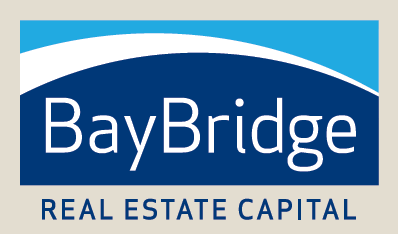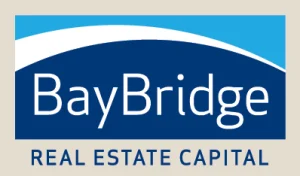Real estate investors with floating-rate loans will purchase rate caps as insurance from rate hikes and increased debt service. In fact, many commercial mortgage-backed security (CMBS) lenders will require their borrowers to purchase rate caps. If the Secured Overnight Financing Rate (SOFR) rises above a predetermined strike rate, the cap is considered “in the money,” and the borrower will receive monthly payments equal to the difference between current rates and the strike rate. Rate caps are paid with an upfront payment to the provider and typically last two or three years. For some time, pandemic borrowers enjoyed protection from the Federal Reserve’s increased rate hikes but now find themselves in hot water as their rate caps begin to roll off.
On a $100 million loan, a three-year rate cap at three percent purchased in 2019 cost $98,000. Today’s price is $3.48 million. Rate cap providers, most of which are banks, have been raked over the coals to make good on their promise. They are looking to recoup their losses now by charging a premium. Landlords now face a tough decision: fixed-rate financing at current rates or paying the premium. Economic volatility and the uncertainty of future interest rates only make this decision harder. Borrowers can find themselves forced to sell, default or break out the checkbook.
An estimated one-third of commercial property debt is floating rate. Since most CMBS lenders require rate cap purchases, real estate sales could significantly increase if landlords don’t have the necessary liquidity. Heightened sale volumes would inversely lower real estate values, and the market would see a repricing of assets. Landlords must take a careful, calculated approach to navigate the remaining market troubles. Contact the professionals at BayBridge Real Estate Capital for consultation in this area of expertise.
Richter, Joseph, et al. “Daily Beat – Commercial Real Estate News.” Daily Beat, 25 Sept. 2019, www.dailybeatny.com.
Rogers, J. (2023, January 23). Expiring interest rate caps to fuel distressed property sales. GlobeSt. Retrieved May 5, 2023, from https://www.globest.com/2023/01/23/expiring-interest-rate-caps-to-fuel-distressed-property-sales/?slreturn=20230405090202
Ryan, C. (2023). Landlords May Get New Reason To Sell. Wall Street Journal.

